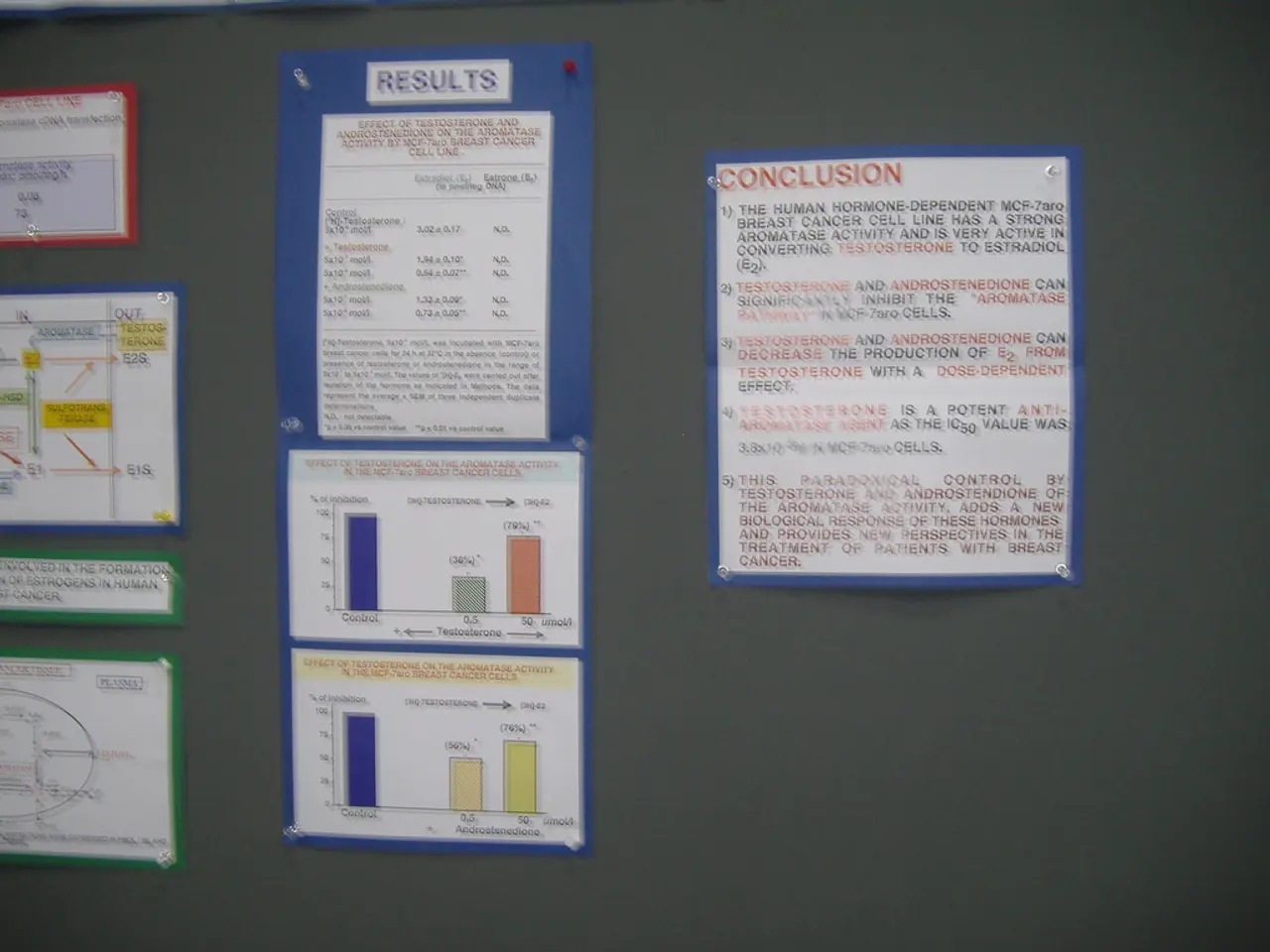Tax Law Amendments to be Tabled in Parliament Today, 284 Suggestions Accepted
Simplified Income Tax Bill, 2025, Introduced in Indian Parliament
The Indian government has introduced a revised Income Tax Bill, 2025, in the Parliament on August 11. The bill aims to replace the six-decade-old Income Tax Act of 1961 with a substantially simplified and modernized framework [1][2][5].
Key Changes in the Revised Bill
The revised Income Tax Bill retains the new tax regime introduced in Budget 2025, allowing taxpayers to choose between old and new regimes for flexibility [1]. The number of sections has been cut from 819 in the 1961 Act to 536, with archaic language and redundant provisions removed to make the law easier to read and comply with [2][5].
The bill introduces a single "Tax Year," replacing the concepts of "Previous Year" and "Assessment Year," aligning with international tax norms and eliminating confusion [5]. Lump-sum pension payments from approved funds now have explicit and equal tax treatment, benefiting both employees and certain non-employee pension recipients [1].
The bill also removes the restrictive clause denying refunds if tax returns were filed after the due date, enabling genuine late filers (for example, due to illness or technical issues) to claim refunds [1][2][4]. It offers relief to Limited Liability Partnerships (LLPs), charitable trusts, and clarifies transfer pricing provisions, improving ease of doing business [1][3].
Additional Provisions
The revised Income Tax Bill includes a provision for taxpayers to apply for NIL TDS certificates and seek refunds at the time of filing, regardless of delay [2][4]. The bill also introduces tax exemptions on dividend, interest, and long-term capital gains for sovereign wealth and pension funds investing in infrastructure during 2020-2030, with the Public Investment Fund explicitly included [3].
Clarifications are provided on the standard deduction for salaried taxpayers, set at Rs. 75,000, and on the Unified Pension Scheme (UPS) to align it with the National Pension System (NPS) [3]. The bill also clarifies property tax valuation rules by dropping confusing terms, simplifying property income taxation [4].
Background
The revised Income Tax Bill, 2025, was initially tabled to replace the six-decade-old Income Tax Act, 1961. The recommendations focus on simplifying the structure and language of the tax code without altering tax rates or major policies [6]. The revised Income Tax Bill incorporates the recommendations of the Select Committee of Parliament, chaired by BJP MP Baijayant Panda, which made 285 recommendations for the bill [3].
The drafting of the new Income Tax Bill took 60,000 man-hours, according to Finance Minister Nirmala Sitharaman [7]. The Income Tax Bill received Cabinet approval last Friday [8]. However, the adjournment of the House before the presidential assent for withdrawal was received prevented the introduction of the new Income Tax Bill on Friday itself [9].
The primary purpose of the new Income Tax Bill is to simplify the language, remove obsolete provisions, and restructure the law for clarity [10]. The bill is designed to reduce legal ambiguity, diminish litigation risks, and align India’s direct tax laws with modern realities [1][2][4][5]. It will come into effect from April 1, 2026 [2].
[1] https://www.livemint.com/news/india/income-tax-bill-2025-to-simplify-law-remove-obsolete-provisions-11659706001938.html [2] https://www.financialexpress.com/economy/income-tax-bill-2025-amendments-to-make-tax-laws-simpler-clearer-finance-minister-nirmala-sitharaman/2458546/ [3] https://www.thehindu.com/business/Economy/income-tax-bill-2025-brings-clarity-and-simplicity-to-tax-laws/article36364285.ece [4] https://www.moneycontrol.com/news/business/economy/income-tax-bill-2025-to-simplify-tax-laws-remove-obsolete-provisions-7056231.html [5] https://www.business-standard.com/article/economy-policy/income-tax-bill-2025-to-replace-6-decade-old-act-121081100302_1.html [6] https://www.business-standard.com/article/economy-policy/income-tax-bill-2025-to-replace-6-decade-old-act-121081100302_1.html [7] https://www.thehindu.com/business/Economy/income-tax-bill-2025-brings-clarity-and-simplicity-to-tax-laws/article36364285.ece [8] https://www.financialexpress.com/economy/income-tax-bill-2025-amendments-to-make-tax-laws-simpler-clearer-finance-minister-nirmala-sitharaman/2458546/ [9] https://www.moneycontrol.com/news/business/economy/income-tax-bill-2025-to-simplify-tax-laws-remove-obsolete-provisions-7056231.html [10] https://www.livemint.com/news/india/income-tax-bill-2025-to-simplify-law-remove-obsolete-provisions-11659706001938.html
- The revised Income Tax Bill, 2025, includes a provision for taxpayers to apply for NIL TDS certificates and seek refunds at the time of filing, regardless of delay, aligning with the general-news of simplified finance and business practices.
- The bill also introduces tax exemptions on dividend, interest, and long-term capital gains for sovereign wealth and pension funds investing in infrastructure during 2020-2030, aiming to stimulate the forex market and strengthen the economy.
- The bill clarifies property tax valuation rules by dropping confusing terms, simplifying property income taxation, and reducing the risk of litigation associated with the real estate market and general-news.
- The revised Income Tax Bill, 2025, offers relief to charitable trusts and Limited Liability Partnerships (LLPs), thereby improving the overall business environment and alignment with modern finance practices.
- With the introduction of the revised Income Tax Bill, 2025, the Indian government seeks to streamline the economy by removing obsolete provisions, simplifying the language, and restructuring the law for clarity, mirroring international tax norms and modern realities.








